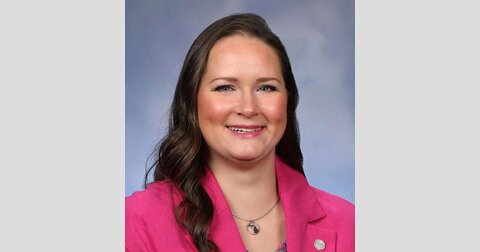Michigan House bill would allow college athletes to unionize, at an unknown cost
Collective bargaining agreements would have indeterminate fiscal impact, agency says
A bill in the Michigan House would allow college athletes to unionize. House Bill 4497 was introduced by Carrie Rheingans, D-Ann Arbor, on May 2 and referred to the Committee on Labor.
This bill aims to remove three specific exclusions under the Public Employment Relations Act, or PERA:
- Graduate student research assistants,
- Independent contractors who are classified as such according to an IRS test that involves 20 factors, and
- Student-athletes at Michigan's public universities.
House Bill 4497 would remove those three exclusions, allowing all three groups to be recognized as public employees. They would be able to seek union representation and collective bargaining rights.
Read it for yourself: House Bill 4497 of 2023
This bill has significant implications for college athletes, who already have strong incentives to excel in their respective sports. These student-athletes are eligible for scholarships based on their athletic abilities, and they can also make money through business ventures involving their names, images and likeness.
How does the government distinguish independent contractors from employees? See the 20-factor test here.
Per the House Fiscal Agency analysis, there is a similar version on the Senate side, Senate Bill 185. The Senate bill excludes college athletes. It passed the entire Senate on April 26 and is now in the House Labor Committee.
Read it for yourself: Senate Bill 185 of 2023
The House Fiscal Agency analysis for House Bill 4497 said the bills “would have an indeterminate fiscal impact on public universities.”
The analysis continues:
“Any fiscal impact for a public university would be directly related to the assumed costs or benefits of any new collective bargaining agreement under the provisions of the bills compared to the prior or alternative status of any collective bargaining agreement that prohibited certain subjects from being collectively bargained or individuals that would become eligible to participate in collective bargaining that were previously restricted from doing so.”
The House Labor Committee will consider the bill Thursday morning.
Michigan Capitol Confidential is the news source produced by the Mackinac Center for Public Policy. Michigan Capitol Confidential reports with a free-market news perspective.

